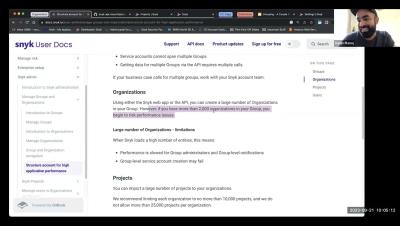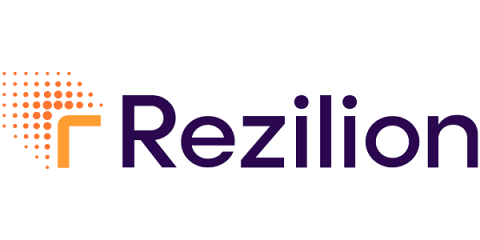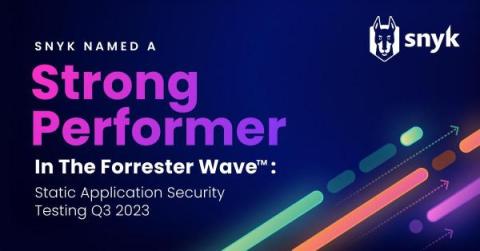Signing container images: Comparing Sigstore, Notary, and Docker Content Trust
In the modern software ecosystem, containerization has become a popular method for packaging and deploying applications. Alongside this growing trend, ensuring the security of software supply chains has become a critical concern for businesses of all sizes. Implementing best practices, such as signing and verifying images to mitigate man-in-the-middle (MITM) attacks and validating their authenticity and freshness, play a pivotal role in safeguarding the integrity of the software supply chain.











